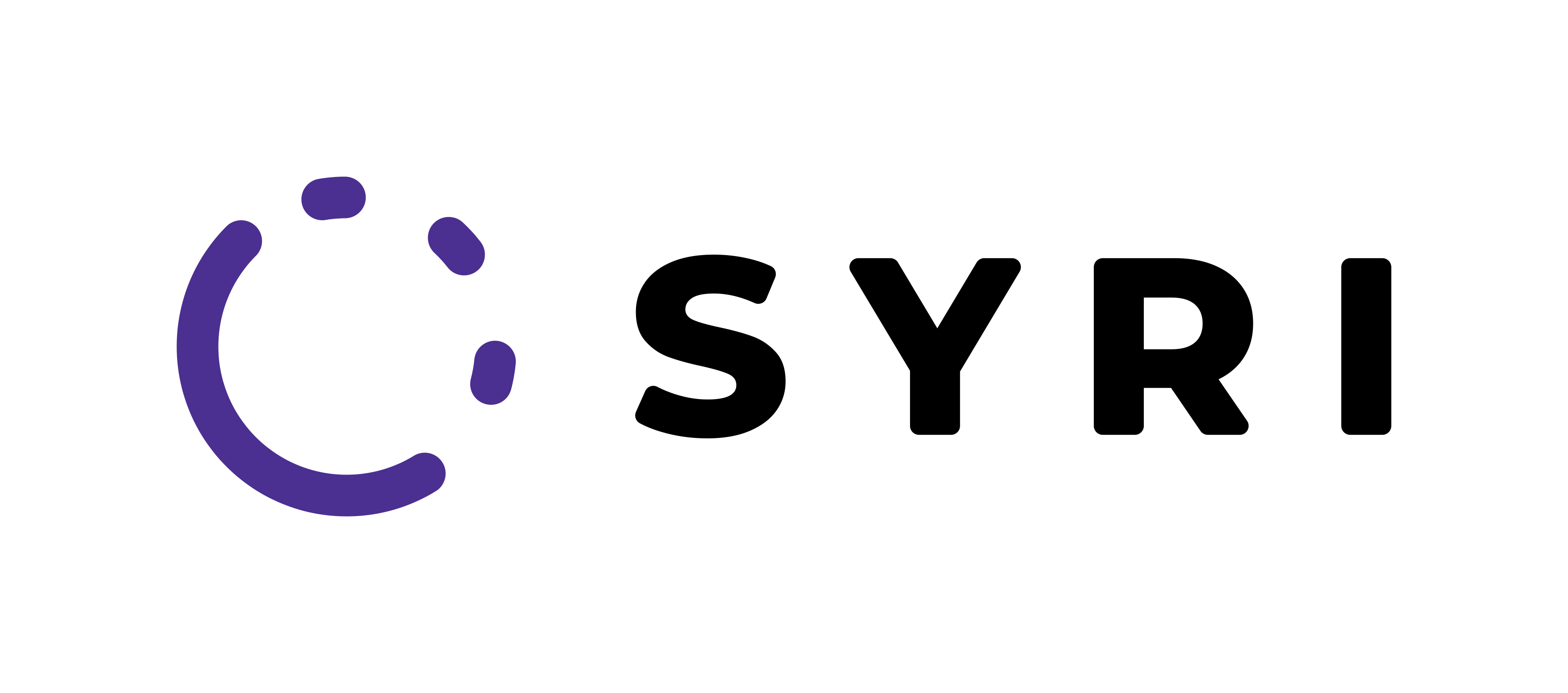Communities of Debate: Collective Intellectual Practice in Medieval Philosophical Thought | 28th Annual Colloquium of the Société Internationale pour l'Étude de la Philosophie Médiévale Organised by the ERC funded research group TRIPTIC-EU within the Department for the Study of Ancient and Medieval Thought
Further information
Communities of Debate: Collective Intellectual Practice in Medieval Philosophical Thought
28th Annual Colloquium of the Société Internationale pour l'Étude de la Philosophie Médiévale is organised by the by the ERC funded research group TRIPTIC-EU within the Department for the Study of Ancient and Medieval Thought (Institute of Philosophy, Czech Academy of Sciences).
Programme pdf
The upcoming colloquium delves into the collaborative nature of intellectual endeavors during the Middle Ages, challenging the common portrayal of scholars as solitary figures. Instead, it seeks to uncover the intricate layers of collective work that underpinned their individual contributions, particularly within university settings across Latin Europe. Topics of discussion will span various aspects, including the dynamics of debating communities, historical analyses of collective practices, and the sharing of texts and knowledge among scholars. Papers explore the diverse forms of collective engagement, from disputations and doctrinal analyses to the collaborative construction of arguments and theory-building. Additionally, the colloquium welcomed contributions examining the collective utilization of texts, translations, and commentaries within scholarly communities, shedding light on their roles in shaping medieval intellectual discourse.
The colloquium will take place in a hybrid form, and will be hosted by the IP CAS in Prague, Czech Republic.
Local organiser
Ota Pavlíček
Scientific committee
Luigi Campi (Università degli Studi di Milano)
Miroslav Hanke (IP CAS)
Barbora Kocánová (IP CAS)
Lukáš Lička (IP CAS)
Ota Pavlíček (IP CAS)
Registration and fees:
There is no fee to register for the online event. Simply fill out the registration form below, and we will send you a Zoom link a few days before the event. If you prefer to attend the conference in person, there is a registration fee of 40 EUR, which covers the coffee breaks, the conference proceedings, and lunches on September 4th and 5th.
To register for the conference (both online and in person), please click here.
Language:
The conference will be held in English and French.

Call for Papers
Call for Papers (pdf version)
Although scholars in the middle ages are often presented as lone actors who produced highly-individual texts, their works are often the result of several levels of collective work that provided the necessary foundation for their independent effort, as well as the production and sharing of texts and knowledge. This colloquium aims to explore different aspects of the spectrum of collective intellectual endeavours, particularly in university settings in Latin Europe and relevant institutions of learning in the Hebrew, Greek and Arabic linguistic cultures.
Suitable topics for papers include the collective intellectual practices within debating communities and their historical reconstructions. Papers could explore the different types of debates and exercises in which scholars in larger or smaller communities participated. Of equal interest are doctrinal and other analyses of the texts that contributed to, or even conditioned, collective practice, such as records of disputations and discussions between two or more masters or texts that contain collective works by medieval scholars. Collectivity can also be seen in argumentation and theory-building, since arguments were often shared within the scholarly community, sometimes in the form of mere dicta, and yet at the same time were used to support quite different doctrinal positions. Thus the scope of this colloquium includes mapping the development of these arguments and how and why the scholarly community used them. Likewise welcome are historical reconstructions of the collective use of whole works or translations for the preparation of commentaries, and the dissemination of these commentaries among scholarly communities (e.g., for teaching purposes).
The colloquium invites proposals on various aspects of collectivity in medieval thought, including those not explicitly mentioned here. While the focus is on philosophy, proposals related to medieval science, natural philosophy, medicine, law, and philosophical theology are also welcome.
Details
The colloquium will be hosted by the Institute of Philosophy of the Czech Academy of Sciences in Prague, Czech Republic. We invite paper proposals containing a (preliminary) title, an abstract of 300–400 words in English or French, the proposed speaker’s name, current position, academic affiliation, and contact details. Selected articles based on the papers will be published in the peer-reviewed series Rencontres de Philosophie Médiévale (Brepols).
Please submit your proposals to Tato e-mailová adresa je chráněna před spamboty. Pro její zobrazení musíte mít povolen Javascript. or Tato e-mailová adresa je chráněna před spamboty. Pro její zobrazení musíte mít povolen Javascript. by 31 January 2024. Applicants will be notified by the end of February 2024.
Local organiser
Ota Pavlíček
Scientific committee
Luigi Campi, Miroslav Hanke, Barbora Kocánová, Lukáš Lička, Ota Pavlíček
You can apply for a Brepols-SIEPM stipend
To facilitate attendance at the Annual Colloquium, Brepols-SIEPM stipends are available for researchers under the age of 35 or from low-currency countries. The stipends are € 250, € 500, or € 750 if the journey is transcontinental. One need not be a current SIEPM member to apply for these stipends. Applications should be submitted via e-mail. For more information, see (https://hiw.kuleuven.be/siepm/brepols-siepm-stipends).
28th Annual Colloquium of the Société Internationale pour l'Étude de la Philosophie Médiévale is organised by the by the ERC funded research group TRIPTIC-EU within the Department for the Study of Ancient and Medieval Thought (Institute of Philosophy, Czech Academy of Sciences).
The group focuses on transdisciplinary investigation of philosophical, textual and intellectual culture in the early universities and organizes regular international conferences Studying the Arts in Medieval Bohemia and annual international workshops on the same topic with overlaps into the European space. The TRIPTIC-EU group also focuses on transdisciplinary research involving the processing of outputs using technologies from the field of Digital Humanities and participates in the building of digital scientific infrastructures. In this context, it organizes a regular workshop serving also to strengthen the representation of Digital Humanities at the Institute of Philosophy of the Czech Academy of Sciences.





